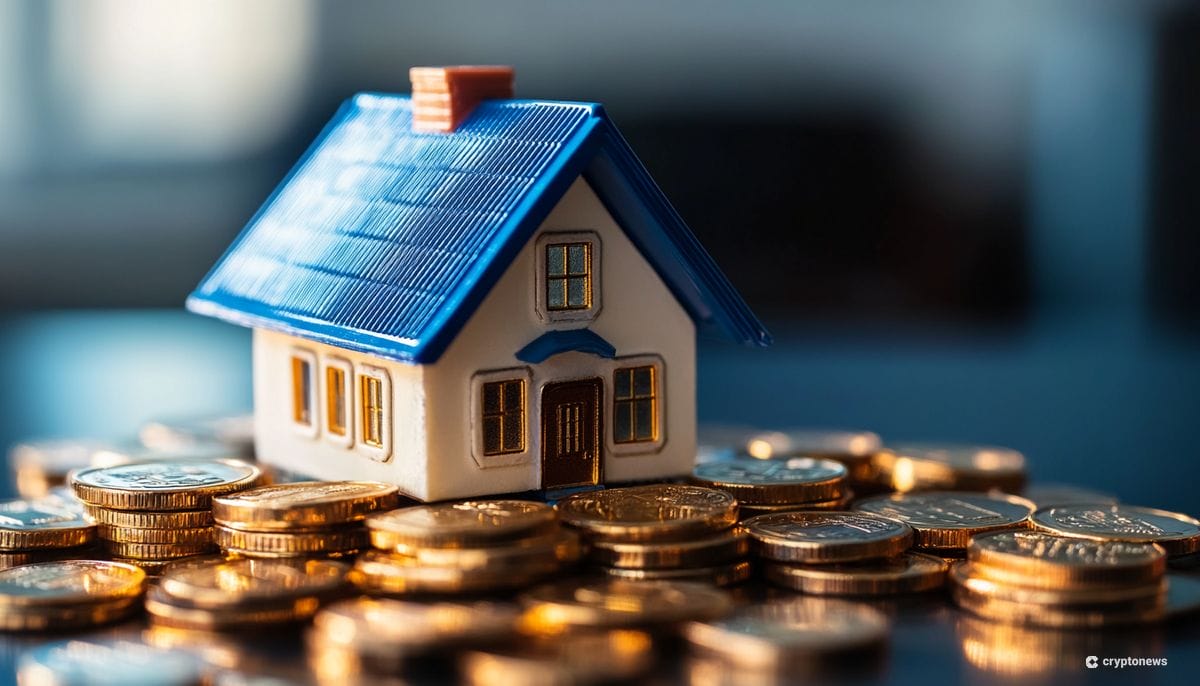Real estate tokenization has been on the rise, with over $10.3 billion raised globally through real estate tokenization in 2021. The global real estate tokenization market is projected to reach $4.22 billion by 2027. Tokenization allows for fractional ownership of real estate properties, making it accessible to a broader range of investors. For example, the oldest church in Fort Collins, Colorado, known as “Old Stone Church,” will be tokenized to raise $2.5 million for ownership. This move highlights the emerging trend of real estate tokenization as a way to democratize access to real estate opportunities.
Natalia Karayaneva, CEO and Founder of real estate tokenization platform Propy, stated that more than 100,000 American homeowners have minted addresses on the Propy blockchain for tokenization purposes. This new trend allows homeowners to circumvent traditional market challenges and seek instant digital experiences with low fees. Real estate tokenization is gaining popularity due to the numerous benefits it offers. Fractional ownership allows investors to have a legal claim to ownership in a piece of real estate without a significant financial commitment, making it an attractive option for investors.
Tokenizing real estate assets like the Old Stone Church differs from an Initial Coin Offering (ICO). While ICOs were often associated with scams and lacked regulatory compliance, real estate tokenization involves security tokens that comply with US Securities and Exchange Commission regulations. Investors can purchase security tokens backed by real property assets, providing them with ownership in the property. Projects like REtokens are paving the way for compliant tokenized real estate offerings, ensuring transparency and legal compliance in the industry.
Industry experts believe that tokenized real estate will continue to gain traction, paving the way for more use cases and opportunities. Platforms like Blocksquare are enabling fractional ownership and increasing liquidity in the real estate market. With the global market for tokenized assets expected to reach trillions by 2030, real estate tokenization is set to transform how people invest in properties. As technology matures and regulatory clarity improves, more investors are expected to leverage tokenization to access lucrative investment opportunities, democratizing access to traditionally exclusive asset classes.
Real estate tokenization platforms like REtokens are launching Digital Alternative Trading Systems (ATS) to provide secondary trading of real estate security tokens. This initiative will allow non-accredited retail investors to purchase digital real estate assets and provide liquidity for traditionally illiquid assets. By lowering the entry barrier to invest in real estate and providing opportunities for retail investors, tokenized real estate assets are set to revolutionize the real estate investment landscape. With major players like BlackRock validating the tokenization model, the future looks bright for tokenized real estate as a viable investment option.











